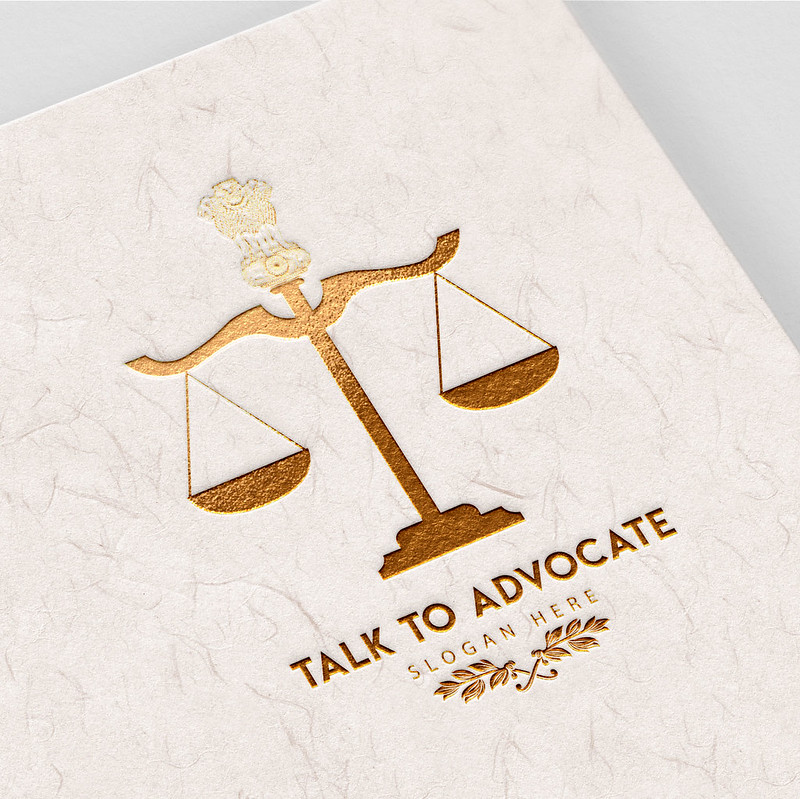Posted on July 17, 2020
The General Concept of Family Law

Family law is very broad and encompasses all spheres of family life emphasizing fair play and natural justice to all. The family as the basic and core unit of society equally grapples with divisive issues of a special nature. These issues require a good legal framework to guide arbitration, litigation, and settlement. Subsequently, every state or country has enacted family law statutes by which members of society find recourse. This special law covers such diverse areas as:
That sticky issue of divorce and legal separation
Custody and child support
Domestic violence and child abuse
Adoption and foster care
Alimony and prenuptial agreements
Dependents immigration and naturalization
Paternity, emancipation, and unmarried parental rights
Marital property, estates, and inheritance
It is clear therefore, that the family law offices covers everything and everyone in the family. To this end, two arms of the justice sector namely the family courts and attorneys work seamlessly together for the welfare of family members in dispute. Family lawyers are very important to the whole process of resolving whatever issue in dispute, as understand the attendant legal technicalities. Their advice to contenting family members is crucial, besides they are equally adept at arbitration. Arbitration leads to amicable agreements without court drama and emotional trauma that goes with it and preserves harmony in the family. Even then, all arbitrated agreements must be presented in court to have protection under the family law. If the matter goes to court, the attorney’s service is essential. They know the right petitions to file for optimum results to the benefit of their clients, whether obtaining orders or enforcing those awarded.
Family law also regulates the activities of government agencies charged with family and children’s affairs. This law when deciding the fate of families across state borders, with regard to preserving the family unit, guides immigration and naturalization agencies. Equally, offices handling child adoption and foster care placement operate within the provisions of family law. The law also helps families resolve sensitive matters of inheritance, including contested wills or lack thereof.
The one unique aspect of family law is the role it plays in human relationships. Family law initiates relationships in the form of matrimony and filial rights. Just as it builds up these relationships, it is called upon to break them at times. Covenants in these relationships are subject to this law and dictates the responsibilities of all involved. When society diligently upholds the family law, everyone’s rights are protected and harmony prevails. It is especially vital to the welfare of children who by their very nature cannot fight for their rights. The family law then becomes the guardian of the family unit and of society.

